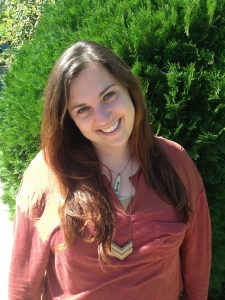
Jane Saffitz, PhD, Co-Chair
Jane Saffitz is an Assistant Professor in the Department of Anthropology and Sociology at Denison University. She received her PhD and MA in Anthropology from the University of California, Davis; her MSW in International Social Welfare from Columbia University; and her BA in History from Washington University in St. Louis. Jane works on comparative epistemologies of healing and medicine; violence and medical humanitarianism; and bio/social movements and the future in Tanzania. Her current project concerns the multiple instantiations of albinism in Tanzania, as both a genetic condition and a category that exceeds biomedicine. Her current manuscript, Lightness and Visibility: Violence, the Unseen, and Albinism Rights in Tanzania, traces the collapse of practices ordinarily separated as violent or humanitarian, occult or illuminating, spiritual or scientific, and shows how work surrounding the category “albino” aims to reveal the nature of things. A nascent subsequent project centers an emergent crisis of heroin addiction in Tanzania, where international efforts to solidify the meaning of “the addict” interface with “other” forms of knowing afflicted bodies.
Contact: saffitzj@denison.edu
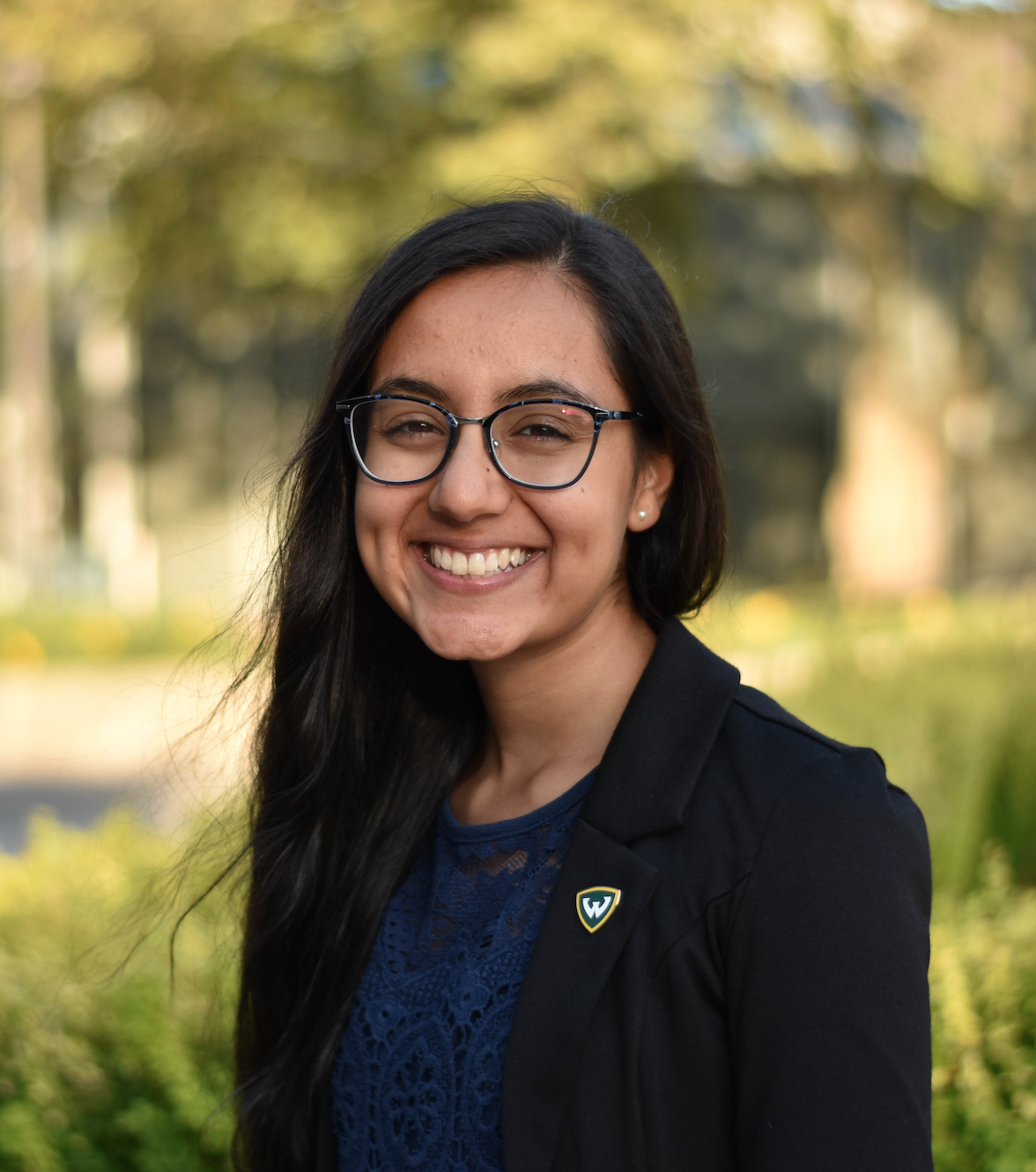
Raveena Mata, BS/BA, Communication Liason
Raveena Mata is currently an MA student studying medical anthropology at Wayne State University. After this, she plans to pursue a career that combines her interests in CAM/IM, critical medical anthropology, clinical practice, and public health disparities research in a way that will benefit patients in meaningful ways. She contributes to the CAM/IM Special Interest Group as a Web Developer and Communication Liason. She also serves her campus community as an Anthropology Peer Mentor and Student Senate member, and conducts mixed methods research with Syrian refugees.
Contact: matarav@gmail.com
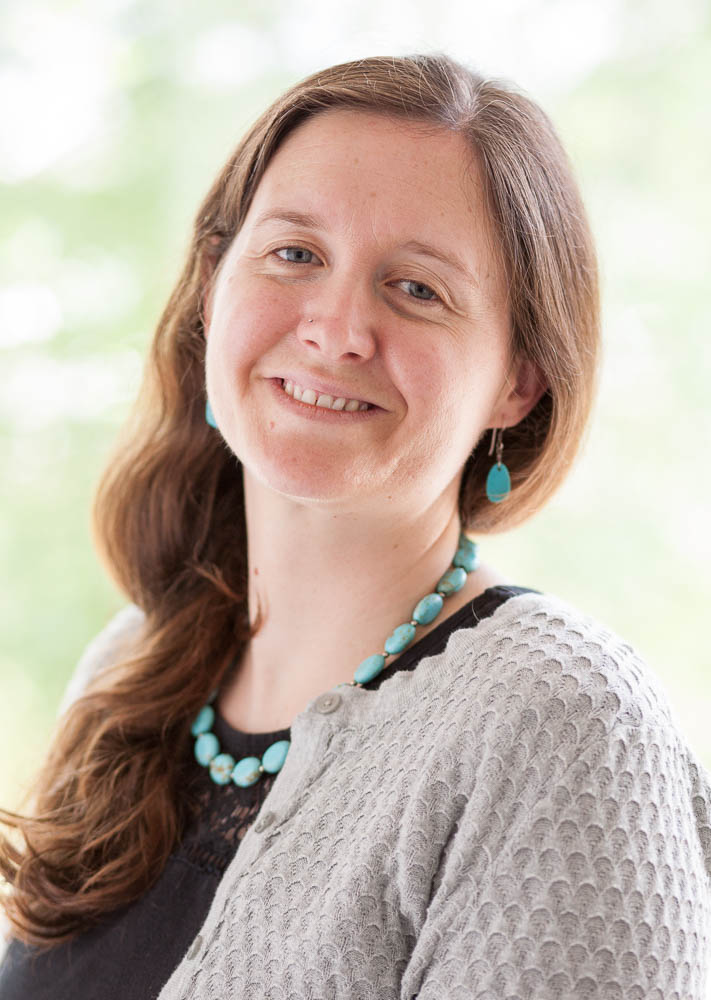
Emery R. Eaves, PhD
Emery Eaves is an Assistant Professor of Medical Anthropology at Northern Arizona University. Her research is focused on chronic pain and self-medication. Her interest in CAM and IM started as a graduate student working on Traditional Chinese Medicine and CAM focused research for chronic pain with Dr. Cheryl Ritenbaugh and Dr. Mark Nichter and she has continued interests in alternative methods for managing chronic pain. Currently, she is working on a PCORI funded project to engage American Indian stakeholders in designing and implementing alternative and traditional medicine research to address chronic pain and opioid overuse in underserved and Tribal communities in Arizona.
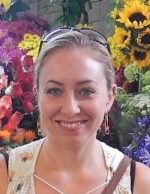
Laura Meek, PhD
Laura Meek is an Assistant Professor in the Centre for the Humanities and Medicine at the University of Hong Kong. She researches counterfeit pharmaceuticals, bodily epistemologies, and the politics of healing in East Africa. Laura received her Ph.D. and M.A. in Anthropology from the University of California, Davis, as well as an M.A. in Women’s Studies from George Washington University and a B.A. in Comparative Human Development from the University of Chicago. Her current book project, Pharmaceuticals in Divergence: Radical Uncertainty and World-Making Tastes in Tanzania, is based on over two years of ethnographic fieldwork in Iringa, Tanzania, and focuses on the proliferation of counterfeits in local biomedical markets. The work that emerges from this research lies at the intersection of medical anthropology, postcolonial studies, and feminist science studies, and grapples with how to theoretically render both radical uncertainty and world making innovation in Africa today. Additional areas of research include the history of medicine and healing across the Indian Ocean world; embodied experimentation and practices of dreaming; and global leprosy elimination campaigns.

Eric Jacobson, PhD, MPH
Eric Jacobson is a medical anthropologist and clinical trialist who investigates alternative medicine. He recently completed an NIH funded pilot clinical trial of Structural Integration as an adjunct to outpatient rehabilitation for chronic low back pain. He also studies of the placebo effect in clinical trials and diagnostic reasoning in Traditional Chinese Medicine. His dissertation research investigated the diagnosis, treatment and experience of psychiatric illnesses among Tibetan refugees being treated by classical Tibetan medicine in northern India. He currently teaches ethnographic methods at the Department of Global Health and Social Medicine, Harvard Medical School.
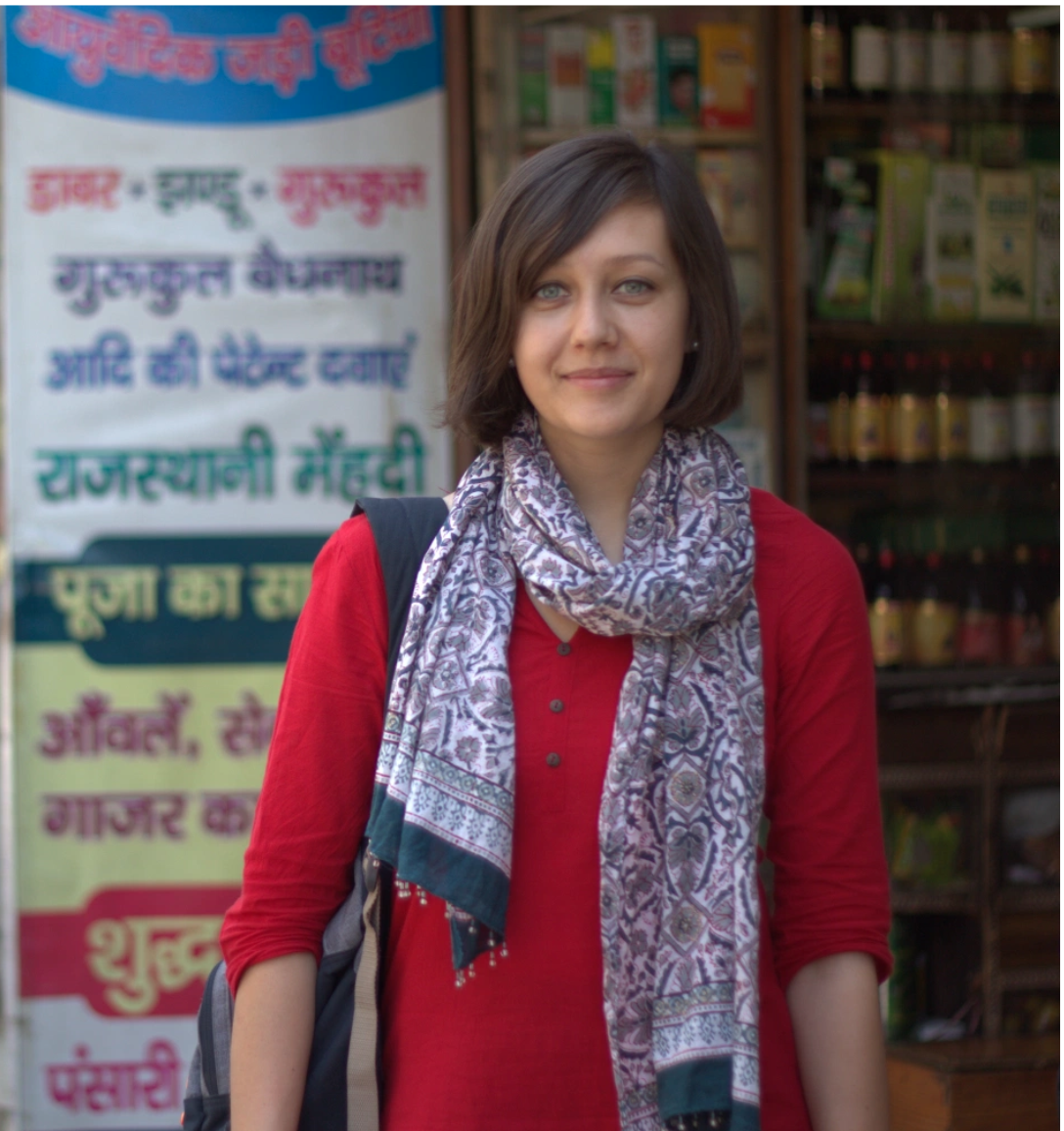
Venera Khalikova, PhD
Venera Khalikova is a Research Associate at the Department of Anthropology, the University of Pittsburgh. Currently, I am working on a book manuscript which sets to investigate the politics of wellness and national belonging as shaped by the government policy on alternative medicine and the growing market of traditional herbal pharmaceuticals in India. Through the analysis of healthcare infrastructure, doctors’ and patients’ medical ideologies, and media discourse, I trace the processes of both boundary-making and entanglements across Ayurveda, Unani, Homeopathy and other state-sanctioned forms of alternative medicine. This book analyzes the popularity of some alternative medical traditions and the marginalization of other traditions by developing the theories of biomoral citizenship and the biopolitics of homegrown consumption. In addition to this project, I also write and teach about knowledge formation, cultural identity, kinship, class, and gender.
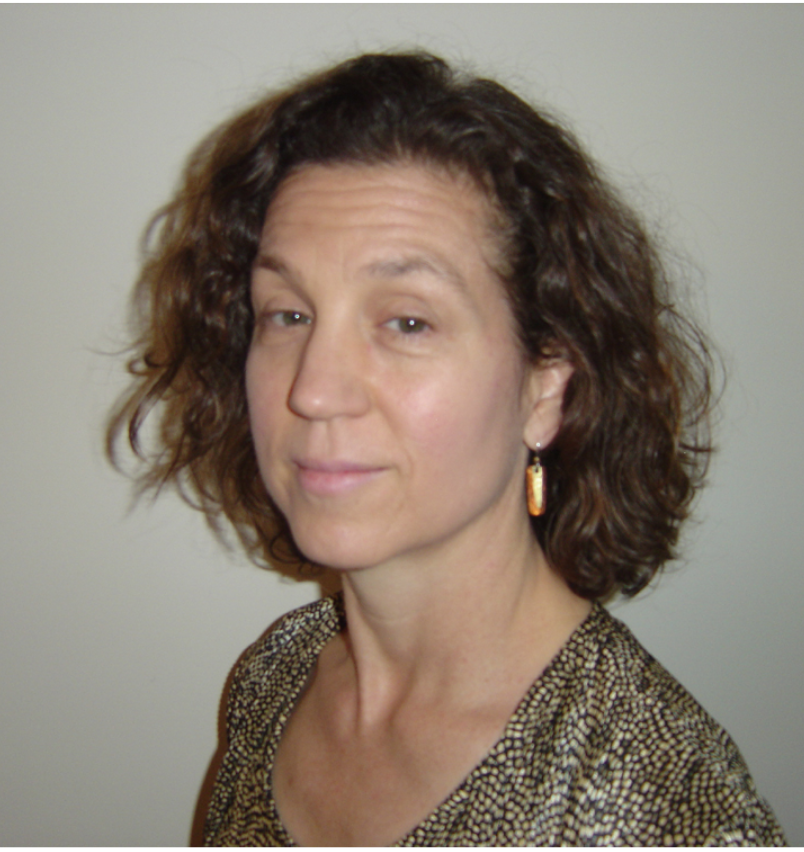
Kathryn Oths, PhD
Kathryn Oths is a medical anthropologist at the University of Alabama with an area specialization in Latin America, especially the Andes and Brazil. My work has been conducted using a combination of traditional anthropological methods and quantitative research designs. My interests include Biocultural Medical Anthropology, Alternative Health and Healers with a focus on Musculoskeletal Disorders, Medical Decision-making, Reproductive Health, Food Use and Social Status, Gender, Ethnicity and Health, and Ethnographic Film Making. I have carried out research on practitioner-patient interactions in a chiropractic clinic, health seeking behavior in highland Peru, the social value of food in Brazil, and psychosocial factors in low birth weight in the southern United States, among other topics. My colleague, Adam Booher, and I have recently signed a contract with Documentary Educational Resources to distribute our films, The Last Bonesetter: An Encounter with Don Felipe, and Asi Sobrevivimos: Getting By in a Changing Climate.
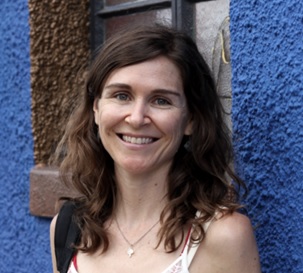
Lauren S. Penney, PhD
Lauren Penney is a Research Health Scientist for the Veterans Health Administration and an Assistant Professor at University of Texas Health San Antonio. She is currently evaluating and assisting with the spread of a VA whole health program for chronic pain. Her interest in CAM/IM began while an undergraduate doing research on eating disorders, and developed further under the mentorship of Dr. Cheryl Ritenbaugh. Lauren’s work in CAM/IM will continue along with her work in complex systems theory, syndemics, and implementation science.

Carolina Avila Testa
Carolina Avila Testa is a graduate in Social Work (UBA) and currently works as an associate doctoral student in the Graduate School “Human Development in Landscapes” Christian-Albrechts-Universität (Kiel, Germany). After obtaining a doctoral scholarship (2012-2017) at the National University of Arts (Buenos Aires), she studied the Doctorate in Culture and Society and works in Argentina is the Center for American Ethnology. Currently she is writing her doctoral thesis in Germany. Her doctoral research is about complementarities and therapeutic combinations among Peruvian immigrants in Buenos Aires. Its focus is on traditional medicines, alternatives, religion, history and migrations. She is also particularly interested in Naturopathy and in the study of childhood and social policies.

Andrea Lambell, BSc (Hons), MA
Andrea Lambell is a medical anthropology PhD student at Durham University in the UK. Her project, funded by the government’s Economic and Social Research Council, is investigating barriers to palliative care through a realist evaluation of the use of non-conventional therapies for people affected by life-limiting illness. Her Masters in Research Methods, completed at Durham University in 2019, presented ‘massage ethnography’, a novel method of participant observation aimed at facilitating ethical and equitable research in palliative care. Prior to attending Durham University, Andrea spent 14 years as a member of a multidisciplinary hospice clinical outreach team, providing massage and aromatherapy to people with life-limiting illness in a range of settings. During this time she completed a multidisciplinary health sciences BSc (Hons) with the Open University.
Want to Join Us?
If you are a student, faculty member, or researcher interested in becoming a CAM/IM member and would like to have your profile included on this page, please email matarav@gmail.com with:
- A photo of you
- A brief bio containing your position, research topic, and/or interest in topics related to this special interest group
